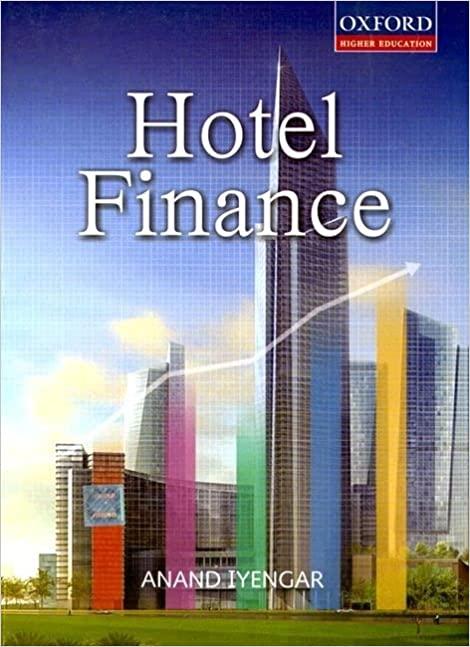Question
Answer the following questions after reading this chapter (open the pdf version in a new browser tab to have it handy). 9.2 Reading - Functioning
Answer the following questions after reading this chapter (open the pdf version in a new browser tab to have it handy). 9.2 Reading - Functioning of Financial Markets CFA.pdf
QUESTION 1
Which of the following is not a characteristic of brokered markets?
| Prices are set by market makers |
| Orders are executed at the best available price |
| There is a central marketplace |
| Trades are guaranteed |
QUESTION 2
Which of the following is not a type of transaction cost?
| Bidask spread. |
| Taxes. |
| Slippage. |
| Commission |
QUESTION 3
Which of the following is not a type of transaction cost?
| Bidask spread |
| Commission |
| Slippage |
| Taxes |
QUESTION 4
What is the difference between primary and secondary markets?
| Primary markets are for trading existing securities, while secondary markets are for trading new securities. |
| Primary markets are for trading new securities, while secondary markets are for trading existing securities. |
| Primary markets are for trading debt securities, while secondary markets are for trading equity securities. |
| Primary markets are for trading equity securities, while secondary markets are for trading debt securities. |
QUESTION 5
Which of the following is not a type of transaction cost?
| Explicit costs |
| Implicit costs |
| Transaction taxes |
| Bidask spreads |
QUESTION 6
Which of the following is not a type of market efficiency?
| Operational efficiency. |
| Information efficiency. |
| Allocation efficiency. |
| Liquidity efficiency. |
QUESTION 7
Which of the following is not a type of market efficiency?
| Operational efficiency |
| Information efficiency |
| Allocation efficiency |
| Liquidity efficiency |
QUESTION 8
Which of the following is not a type of transaction cost?
| Commission |
| Bid-ask spread |
| Brokerage fees |
| Taxes |
QUESTION 9
Which of the following is not a role of an investment bank?
| Helping issuers raise capital |
| Executing trades for clients |
| Providing investment advice |
| Clearing and settling trades |
QUESTION 10
What is a seasoned offering?
| A seasoned offering is a type of primary market transaction in which securities are sold directly to a small group of investors. |
| A seasoned offering is a type of secondary market transaction in which securities are sold directly to a small group of investors. |
| A seasoned offering is a type of primary market transaction in which securities are sold to the general public. |
| A seasoned offering is a type of secondary market transaction in which securities are sold to the general public. |
QUESTION 11
Which of the following is not a characteristic of rights issues?
| They are offered to existing shareholders. |
| They are typically made at a discount to the market price. |
| They are subject to the same regulations as public offerings. |
| They are often made to institutional investors. |
QUESTION 12
The seller must deliver the security to the clearing house and the buyer must deliver cash. This process is called what?
| Delivery versus payment |
| Payment versus delivery |
| Settlement versus delivery |
| Delivery versus settlement |
QUESTION 13
Which of the following is not a primary market transaction?
| Initial public offering (IPO) |
| Secondary market transaction |
| Private placement |
| Right issue |
QUESTION 14
Which of the following is not a role of a clearing house?
| Facilitating the exchange of securities and cash |
| Reducing counterparty risk |
| Ensuring that trades are executed at fair prices |
| Providing liquidity to the market |
QUESTION 15
Which of the following is not a type of primary market transaction?
| Initial public offering |
| Private placement |
| Secondary offering |
| Rights offering |
Step by Step Solution
There are 3 Steps involved in it
Step: 1

Get Instant Access to Expert-Tailored Solutions
See step-by-step solutions with expert insights and AI powered tools for academic success
Step: 2

Step: 3

Ace Your Homework with AI
Get the answers you need in no time with our AI-driven, step-by-step assistance
Get Started


